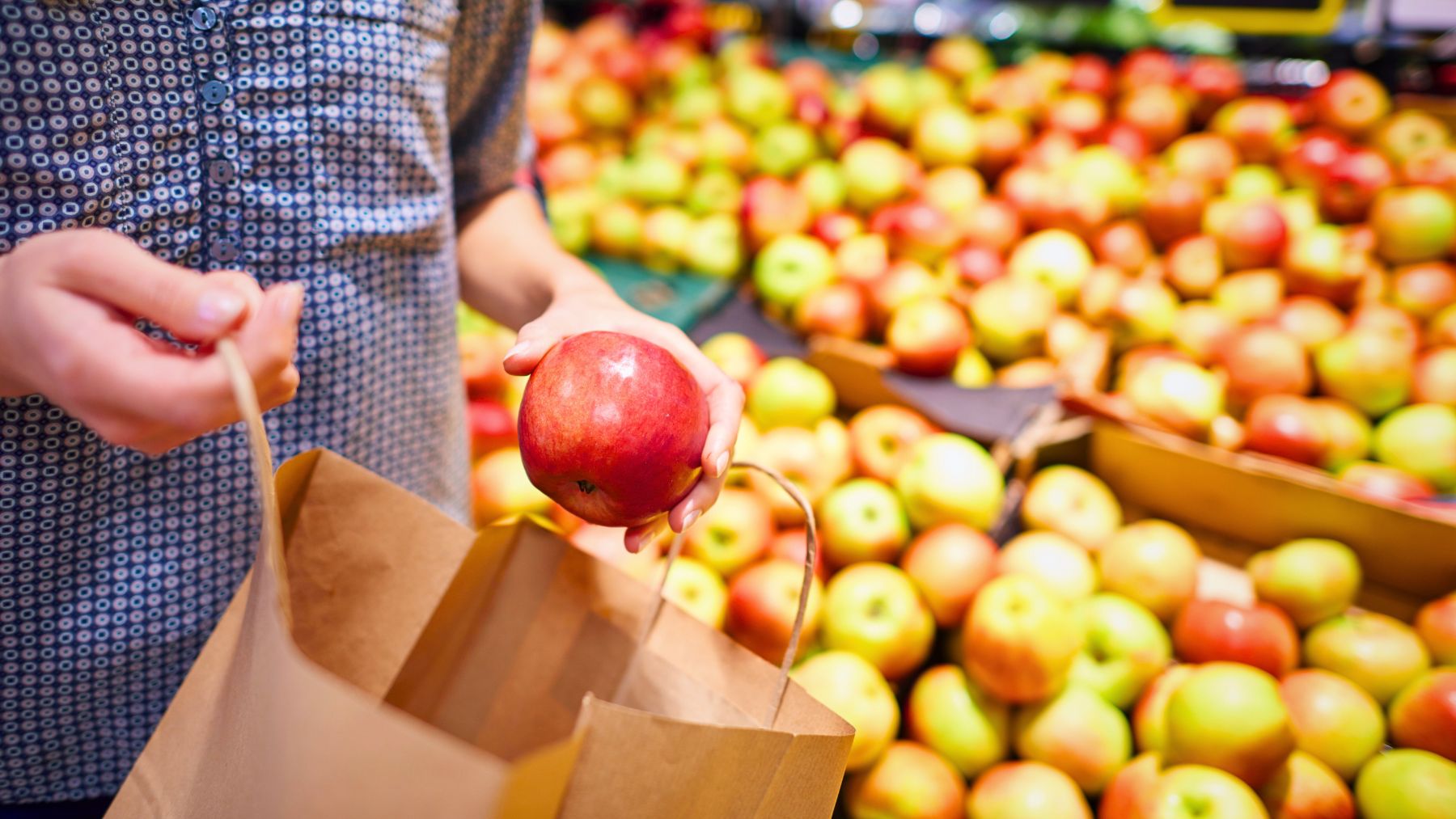Apples are one of the easiest fruits to buy in bulk, but they’re also quick to go soft if you don’t store them right. Most people toss them in a fruit bowl or the fridge, but both spots have downsides. Room temperature speeds up ripening, and fridge storage can dry them out or make them taste flat.
There’s another method that works better, especially if you want to store apples for more than a few days. Here, we’ll cover how to keep apples crisp and fresh using a simple but often overlooked approach: wrapping them individually in paper and storing them in a cool, dry place. Let’s see it in more detail.
The right way to store apples
The best place to keep apples isn’t the counter or the crisper—it’s a dark, well-ventilated area like a pantry or cellar. The key is to keep apples cool, away from moisture, and protected from each other. That last point matters more than it seems. When one apple goes bad, it releases ethylene gas, which speeds up ripening in the others. That’s why one soft apple can ruin the whole batch.
To prevent this, wrap each apple in a piece of newspaper or produce paper. This acts as a barrier, limiting ethylene exposure and protecting your apples from bruising. Don’t wrap them too tightly; leave space for airflow. Then place them in a single layer in a box or basket with air circulation. Avoid sealing them in plastic, which traps moisture and leads to mold.
This method helps regulate both humidity and gas buildup, which are two major factors that cause apples to soften too quickly. When stored this way, apples can last up to three weeks, sometimes longer, depending on how ripe they were when you bought them.
Other tips to make apples last longer
Even if you’re not using the paper-wrapping method, there are still a few ways to help your apples last longer and stay firm:
- Keep them away from ethylene-producing fruits. Apples produce ethylene on their own, but storing them near bananas, pears, or avocados can make the problem worse. Keep them separated whenever possible.
- Choose firmer varieties for storage. Some apples store better than others. Fuji, Granny Smith, and Honeycrisp hold up well over time. Softer types like McIntosh and Gala don’t last as long.
- Store damaged apples separately. If you notice one apple has a bruise or soft spot, move it away from the others. It will ripen and spoil faster, which can spread to nearby fruit.
- Use breathable containers. Avoid sealed bags unless they’re perforated. Baskets, bins, and cardboard boxes are better. Always allow airflow.
- Refrigerate if needed. If your storage area is too warm or you live in a hot climate, refrigeration is still an option. Store apples in a plastic bag with small holes or wrap them in paper first to manage moisture levels.
Taking a little extra time to store your apples the right way can make a big difference in preserving them. Instead of watching them soften on the counter or dry out in the fridge, you’ll have crisp, ready-to-eat fruit for days—or even weeks.

